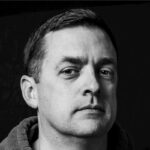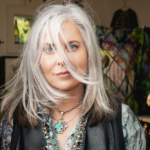Russell Worth Parker is a North Carolinian and a retired Marine Corps lieutenant colonel. He’s seen a lot and, like all of us, he lives every day in a nation more divided than ever. Still, he has hope. This is why.
By the time you read this, I’ll be 49 years old.
For many of you, I expect the response to that is, “And?”
That’s fair. I’m still pretty young. I only recently arrived at the point where I really feel the accumulation of my years every morning and am yet deeply thankful for that privilege. Still, I hope you’ll indulge me. Not because my specific years mean anything against the backdrop of time, but because being within shouting distance of 50 makes me a bit reflective about the preceding years and contemplative about however many days I still have.
Some days it is hard to think clearly. Information designed solely to generate outrage has countless vectors to enter my awareness. I sometimes feel like I am walking a gauntlet of people screaming through megaphones, as if we’ve collectively ceded the town square to the most thoughtless people we know and decided to call them role models. I don’t think that’s actually true, but those vectors give an outsized voice to people who seem to delight in sowing division by intentional offense.
I am hardly all goodness and light. With no shame I tell you I spent a lot of my years in ugly pursuits. I put on the cloth of the nation when I was 21, took it off this year, and in the interim I fought two wars to what now seem like maddeningly foregone conclusions. I think about the weight of all that daily. I recognize my culpability in its creation, but most days I am capable of a legionnaire’s detachment — a mental shoulder shrug. There are times though, when I think about the 3 million of us who grew up in places where it seemed the very earth was trying to reach up and drag us down with claws of flame and steel, that I feel a cold, resigned anger. Sometimes I want to somehow thrust that feeling upon a seemingly unconscious citizenry; to wake “them” up by “telling it like it is.” I want to take up a megaphone and maybe be a little louder, perhaps a bit more intentionally offensive.
But I have a daughter to whom the world remains a place of infinite kindnesses. She’s not yet of an age at which anything is foregone, and I fear perpetrating any action I would not want to explain to her. Her boundless optimism filtered through the extremes of my lived experience leave me considering the notion of hope and nuance and the extension of grace. To me, nuance is the refuge of the hopeful.
And I’ve still got hope.
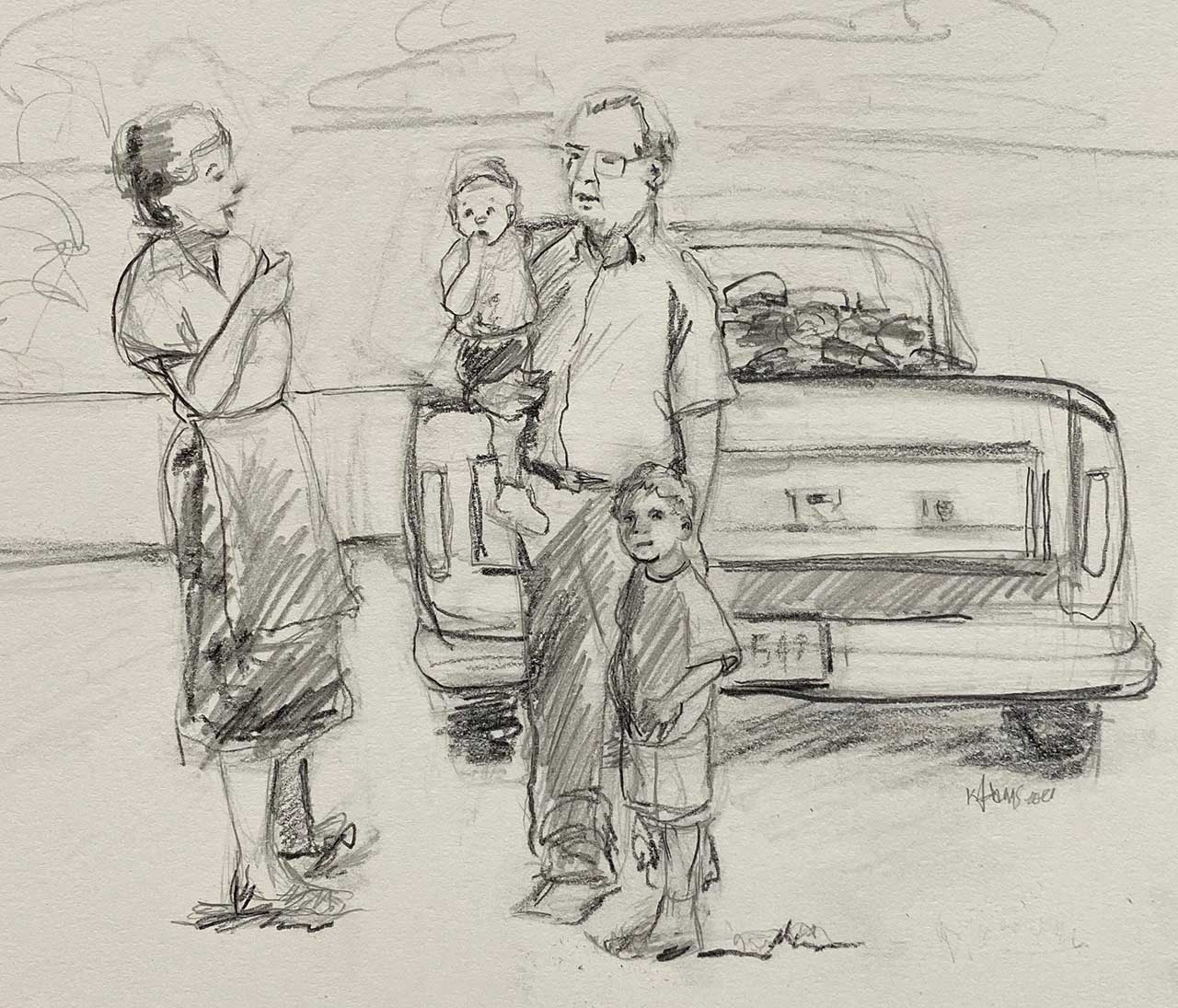
A Warning Against Faction
Hope is a deeply personal notion. What is mine may be deeply counter to your own. Where we differ, nuance comes to the fore, offering comfort in the smaller details and assuring me we are more than the sum of our bumper stickers, though I recently stuck one on my truck’s tailgate that says, “I hope something good happens to you today.” And I do. Seeking the smaller details of ourselves allows for the extension of grace to one another. Those details are the reality of ourselves and our lives and our daily interactions with one another.
Certainly, there are people actively seeking to convince us differently. They ask us to consider one another, not in the fullness of who we are and might yet be, but as they paint us: flat, one-dimensional, monotone characters categorized only by whatever we may find most objectionable about one another. I reject that. And if I may give way to conceit, if we are to be worthy of the ideals upon which we are founded, with the acknowledgment that we have fallen short countless times as a nation, you must too. Is that naive? Yes. Is it perhaps dangerous? Yes. But there should be no “they” in America, simply 320 million different variations of “us,” accepting the hope offered by nuance and the extension of grace to one another.
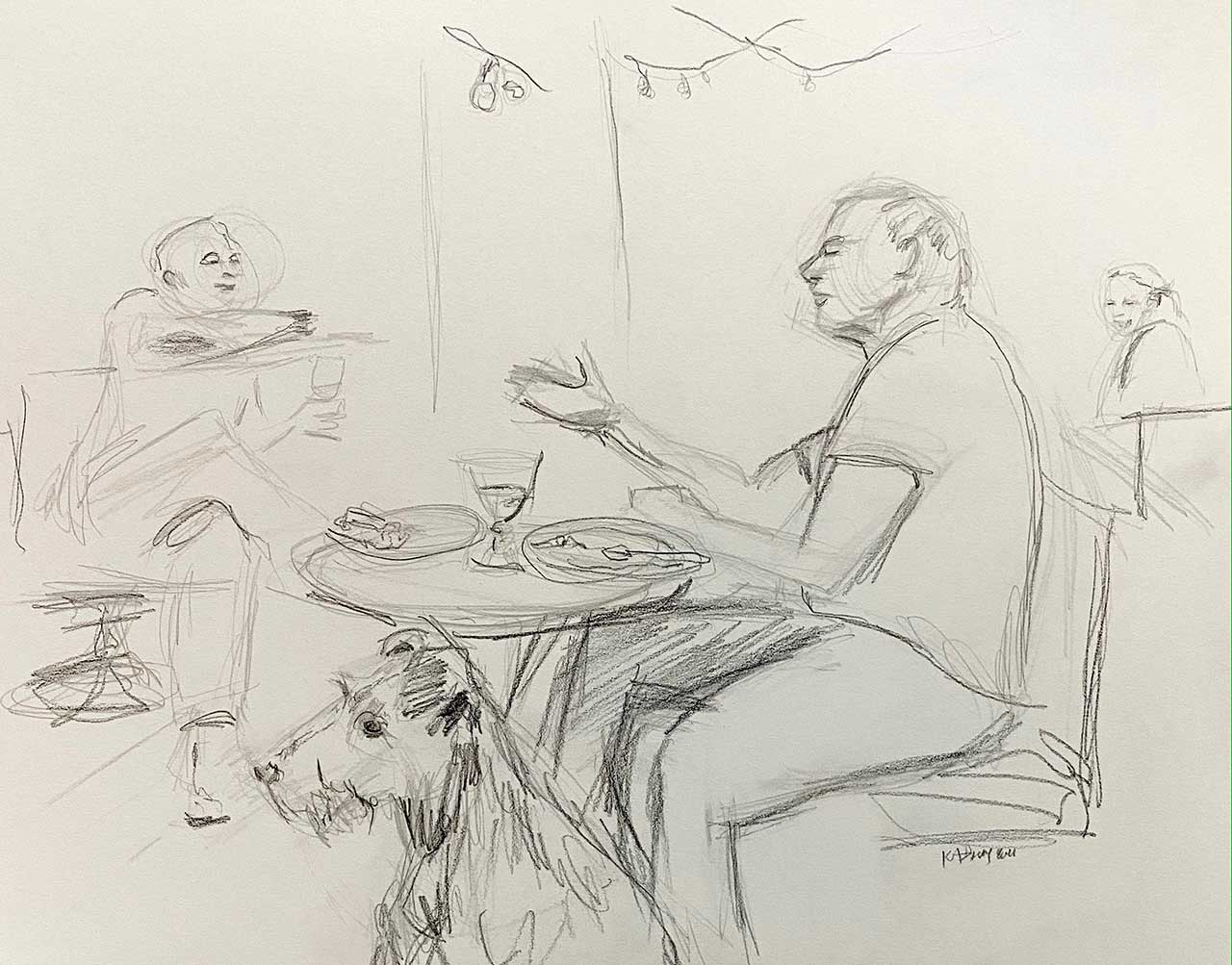
In an increasingly striated nation, seemingly determined to ignore James Madison’s warning against “Faction” in The Federalist No. 10, it takes work to seek refuge in the small details and quiet voices. It’s far safer to withdraw into our camps, staring suspiciously out through the blinds, and counting the ways our neighbors have wounded us. But I hope extending grace to one another can yet save us from another foregone conclusion. I hope you’re willing to do the work. I’d be lying if I said I have what it takes every day.
But I have hope.
"Hope is a deeply personal notion. What is mine may be deeply counter to your own. Where we differ, nuance comes to the fore, offering comfort in the smaller details and assuring me we are more than the sum of our bumper stickers..."
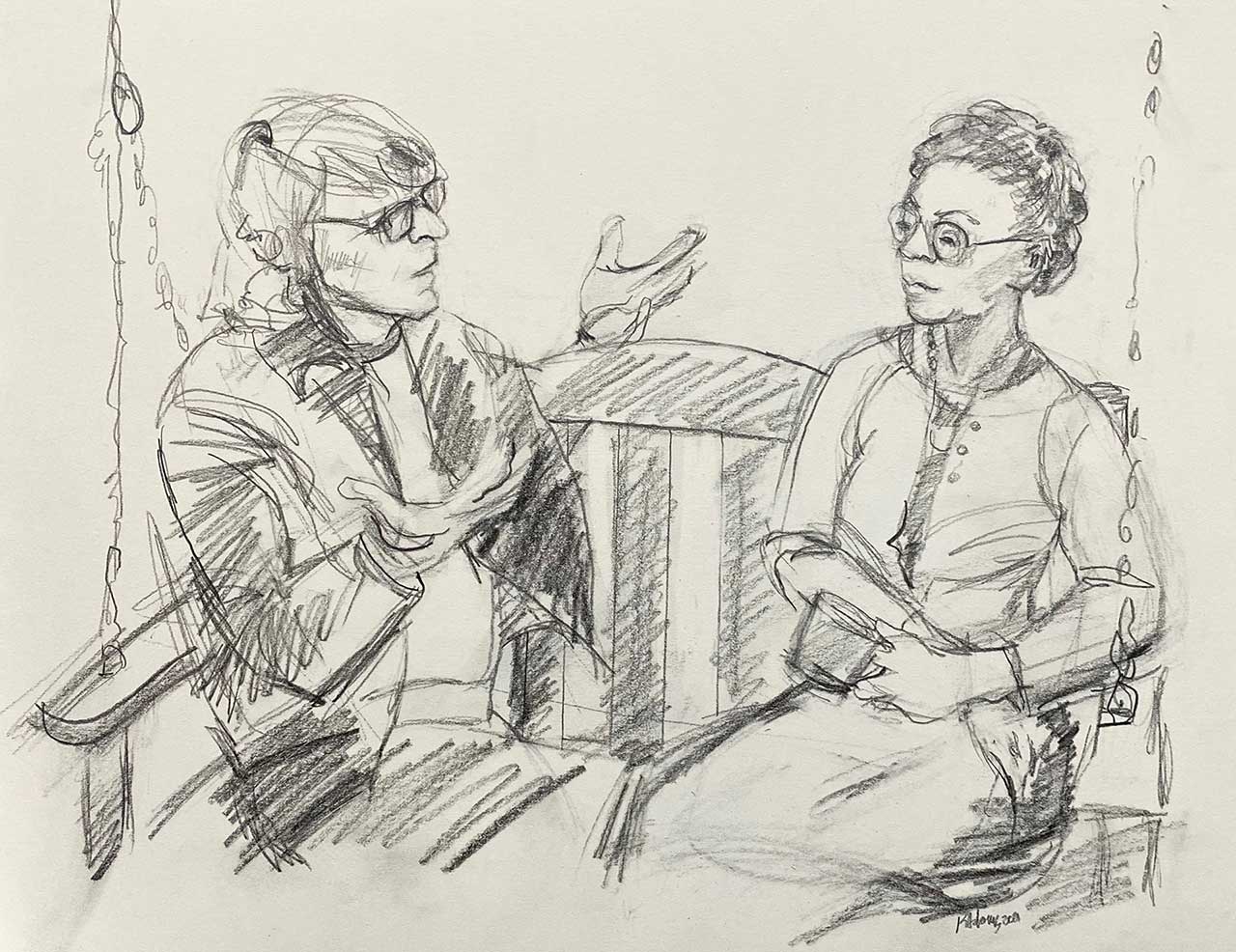
The Grace of Nuance
I have hope because I know Americans with whom I disagree widely on a host of issues but whom I see spending their moments on the small details; looking for opportunities to perpetrate small kindnesses simply for the pleasure of their doing and the outsize value in their effect. I understand that we are more than the sum of our differences. I choose to see their goodness and invite them to sit on my porch, or lean against my truck bed, to discuss the areas in which we differ. It’s hard sometimes, but I’ve been shocked at the accord I’ve struck while spitting over a tailgate. I have to believe we are each worth at least that much.
I have hope because in the darkest of moments, I found Americans of all stripes who worked without recompense beyond human decency to fulfill promises made to people in Afghanistan, a country in which many of them had never set foot. In the process they pushed back hard enough against faction as to demonstrate the weakness and fear inherent to the impulse.
I have hope because three years ago, as I began to consider life after three decades in uniform, a guy named Chuck Reece asked if I wanted to write something for him and offered to teach me how along the way. Words on a page have always given me transport to better places, but putting them there seemed something for other people; better people who exist at a level beyond my reach. By Chuck’s extension of grace, by his reading between my lines, I now have a second career that matters to me as much as the first.
It’s so easy to accept simple explanations for the most complex problems. “They’re the cause,” “They want to keep you weak,” “They hate...,” “They want to take your….” We are all so much more than we appear. Exposing it in ourselves requires fearlessness. Finding it in others requires vulnerability. Both require shunning forces that appeal to our basest desires driven by our most atavistic instincts. This country is fueled by aspiration. We need not give up the fractiousness inherent to 321 million people living under the same document since 1789. But we must have the strength to extend one another the grace of nuance. We are they. We can choose to be us.

